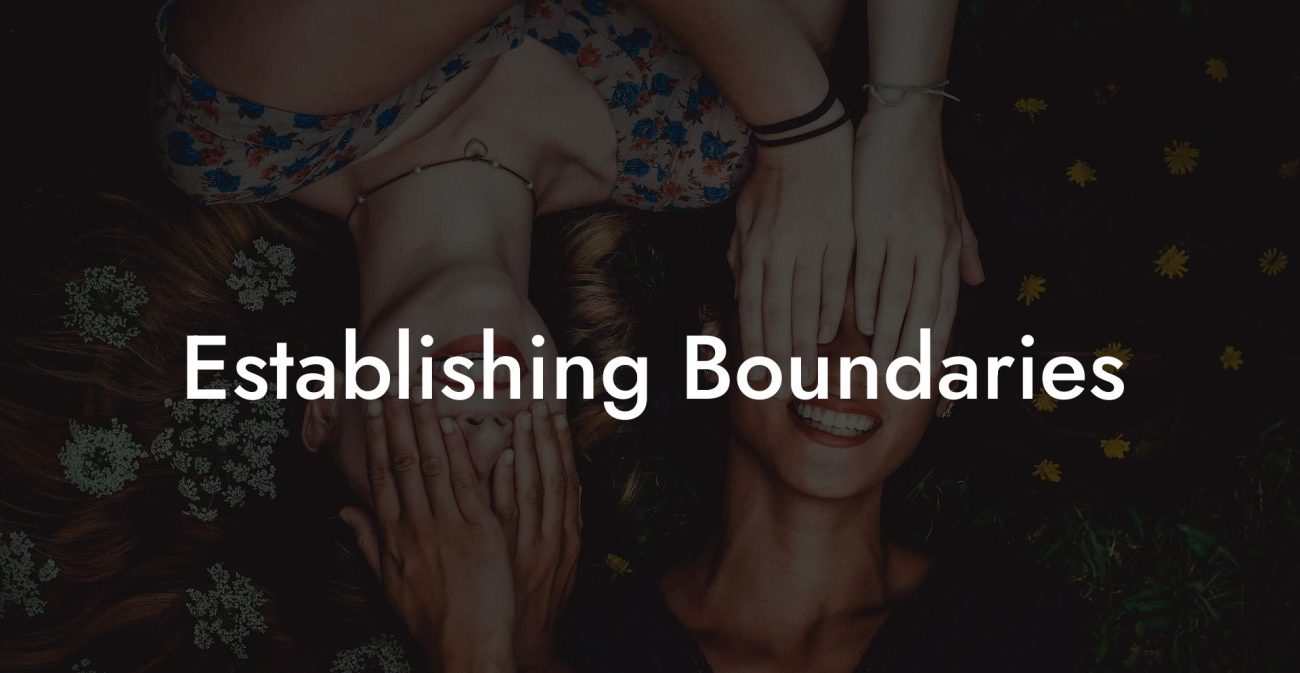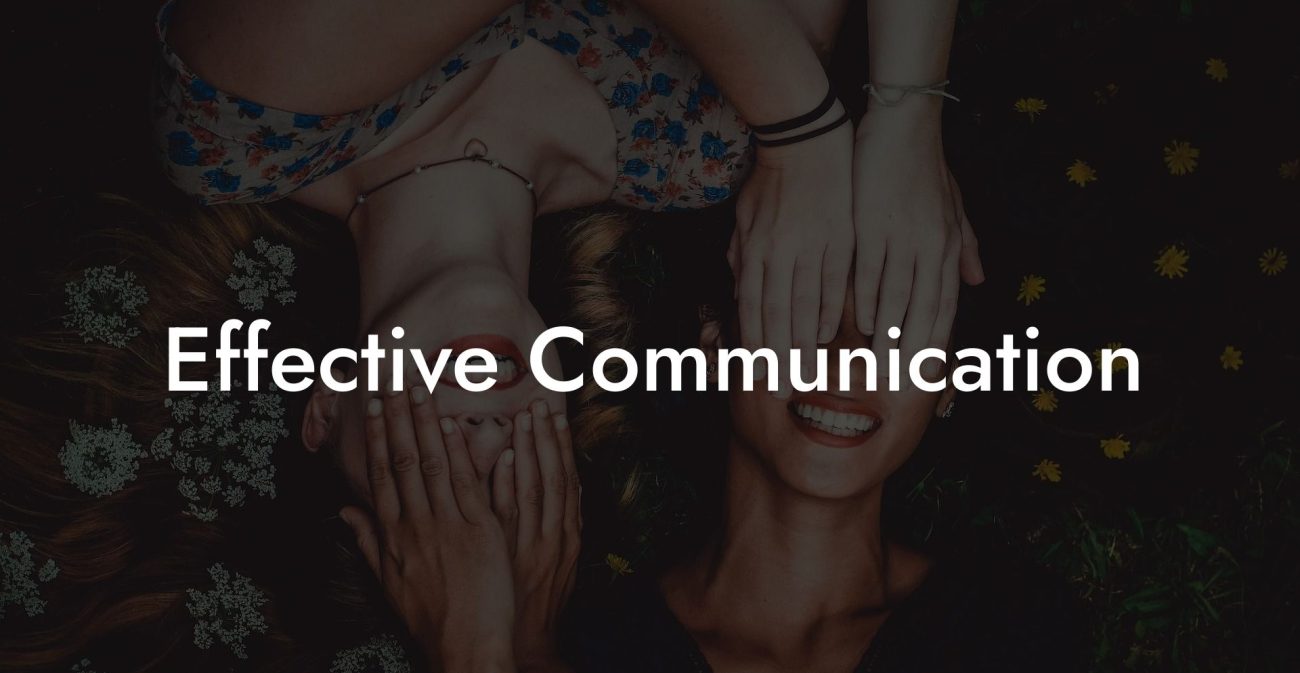Trust

Imagine trust as that secret ingredient in your favorite recipe—an invisible force that holds everything together, letting you be vulnerably yourself and truly connect with others. Whether you’re in a traditional monogamous relationship or exploring the expansive world of ethical non-monogamy, trust is the foundation upon which every meaningful connection is built. This guide to Trust will walk you through its definition, significance, challenges, and practical strategies for building and maintaining trust in every kind of relationship. Get ready to discover how trust transforms interactions into deep, lasting bonds.
Have you ever wondered if monogamy is just a stupid little experiment? Open relationships, polyamory, relationship anarchy...find out which relationship dynamic suits you best with our one minute relationship test. See if you are just conforming to "societal norms". Reveal your truth >>
Quick Links to Useful Sections
- Understanding Trust
- What Is Trust?
- The Importance of Trust in Relationships
- Why Trust Matters
- Trust in Traditional monogamy vs. Ethical Non-Monogamy
- Traditional Monogamy
- ethical non-monogamy
- Challenges to Building and Maintaining Trust
- Common Obstacles
- Strategies for Building and Maintaining Trust
- Effective Communication Techniques
- Setting Clear and Adaptable Boundaries
- Investing in Self-Care and Personal Growth
- Building a Supportive Community
- Real-Life Success Stories
- Case Study: Emma and Liam’s Journey in Monogamy
- Case Study: The Polyamorous Trio’s Trust-Building
- Expert Insights on Trust
- FAQ: Your Trust Questions Answered
Understanding Trust
What Is Trust?
Trust is the confident expectation that the people in your life will act in ways that honor your shared commitments, safeguard your vulnerabilities, and respect your boundaries. It’s the belief that your partner(s) will be there for you, keep their word, and protect your emotional well-being. Trust isn’t built overnight—it’s cultivated over time through consistent, honest interactions and the willingness to be open and vulnerable.
In any relationship, trust is the glue that connects hearts and minds, allowing you to share your true self without fear of judgment or betrayal. It’s a dynamic, evolving process that requires effort from everyone involved.
The Importance of Trust in Relationships
Why Trust Matters
Trust is the cornerstone of all healthy relationships, and here’s why:
- Emotional Safety: When you trust someone, you feel safe to express your feelings, share your dreams, and reveal your vulnerabilities.
- Predictability and Stability: Trust creates a stable environment where both partners know what to expect, reducing anxiety and conflict.
- Mutual Respect: It reinforces the belief that each person’s needs and boundaries are valued, which in turn fosters deeper intimacy.
- Conflict Resolution: In an atmosphere of trust, disagreements are more easily navigated because both partners assume good intentions and are willing to work through challenges together.
- Growth and Resilience: Trust allows for risk-taking and personal growth; when you know someone has your back, you’re more likely to pursue your passions and embrace change.
Trust in Traditional monogamy vs. Ethical Non-Monogamy
Traditional Monogamy
In a traditional monogamous relationship, trust is often developed through the exclusive, one-on-one focus that allows partners to share their innermost thoughts and feelings without external distractions. With just two people involved, the journey toward trust can be more straightforward:
- Intimacy Through Exclusivity: The promise of exclusive devotion helps partners feel secure and valued.
- Consistent Communication: Regular check-ins and shared routines build reliability and predictability.
- Shared Life Goals: Common aspirations, like building a family or planning a future together, further cement the bond of trust.
ethical non-monogamy
In ethical non-monogamy, trust takes on additional layers of complexity. With multiple partners involved, trust must be distributed and maintained across a network of relationships. This requires:
- Transparent Communication: Each partner must be aware of the others and agree to the terms of engagement, creating a web of mutual understanding.
- Consistent Boundaries: Clear, well-communicated boundaries help ensure that everyone’s needs are met and that trust is upheld among all parties.
- Collective and Individual Trust: Trust is built both in group settings (such as regular polyamorous check-ins) and in one-on-one conversations, creating a robust, interconnected support system.
Challenges to Building and Maintaining Trust
Common Obstacles
Even the strongest relationships can face challenges in trust-building. Some common obstacles include:
- Betrayal or Broken Promises: When one partner fails to meet their commitments, it can shatter trust quickly.
- Miscommunication: Ambiguous or infrequent communication often leads to misunderstandings and feelings of insecurity.
- Past Trauma: Previous experiences of betrayal or loss can make it difficult to open up fully to new partners.
- Jealousy and Insecurity: Even in the healthiest relationships, feelings of jealousy can undermine trust if not managed properly.
Strategies for Building and Maintaining Trust
Effective Communication Techniques
Communication is the lifeblood of trust. Here are some techniques to enhance your dialogue:
- Use "I" Statements: Express your feelings by focusing on your own experience (e.g., "I feel hurt when…") rather than casting blame.
- Active Listening: Listen attentively without interrupting, and summarize what you hear to ensure understanding.
- Regular Check-Ins: Schedule consistent time for one-on-one or group conversations to discuss feelings, expectations, and any necessary adjustments.
- Transparency: Share your thoughts and updates honestly, and encourage your partner(s) to do the same. Transparency reduces ambiguity and builds security.
Setting Clear and Adaptable Boundaries
Establishing boundaries is crucial for protecting your well-being and maintaining trust. Consider:
- Identifying Personal Limits: Reflect on what makes you feel safe and respected, then communicate those limits clearly.
- Documenting Agreements: Whether through a written contract or digital note, having a clear reference can help prevent misunderstandings.
- Regular Reviews: Revisit and adjust boundaries as your relationship evolves to ensure they continue to serve everyone’s needs.
Investing in Self-Care and Personal Growth
Trust begins with you. When you prioritize your own well-being, you’re better able to trust others and maintain healthy relationships. Self-care practices—such as exercise, meditation, and pursuing hobbies—nurture your physical and emotional health, making it easier to contribute positively to your partnerships.
Engaging in regular self-reflection through journaling or therapy can also help you address personal insecurities that might otherwise undermine trust.
Building a Supportive Community
Surrounding yourself with a network of like-minded individuals can reinforce trust in your relationship. Whether you’re part of a monogamous couple or a non-monogamous network, community support provides validation, practical advice, and a safe space to share experiences.
Engage with online forums, local meet-ups, or support groups that focus on trust and communication in relationships.
Real-Life Success Stories
Case Study: Emma and Liam’s Journey in Monogamy
Emma and Liam have maintained a strong, trusting bond for over a decade by prioritizing daily check-ins and setting clear, consistent boundaries. They regularly review their relationship expectations and use digital tools to schedule quality time. Their commitment to open dialogue and mutual respect has not only fortified their trust but also helped them navigate life’s challenges together.
Case Study: The Polyamorous Trio’s Trust-Building
In a triad composed of Jordan, Casey, and Alex, trust is built through a combination of individual check-ins and monthly group meetings. By documenting their agreements and using shared digital calendars, they have managed to balance multiple relationships while keeping communication transparent and honest. Their success story shows that even in complex non-monogamous dynamics, trust can thrive with deliberate effort.
Expert Insights on Trust
Relationship experts agree that trust is the cornerstone of any healthy relationship. Dr. Elena Rivera, a therapist specializing in relationship dynamics, notes, “Trust isn’t something that happens overnight—it’s cultivated over time through consistent, honest interactions. Whether you’re in a monogamous or non-monogamous relationship, establishing a culture of trust requires commitment, vulnerability, and mutual respect.”
Relationship coach Marcus Lee adds, “Building trust is like tending to a garden—it needs regular care, attention, and a bit of patience. When you invest in clear communication, set realistic expectations, and practice self-care, you create an environment where trust can flourish.”
FAQ: Your Trust Questions Answered
1. What is trust in a relationship?
Trust is the confident belief that your partner(s) will act in ways that respect your boundaries, honor your commitments, and protect your emotional well-being.
2. Why is trust important?
Trust is the foundation of emotional intimacy and security. It allows you to be vulnerable, fosters effective communication, and reduces the likelihood of conflict and misunderstandings.
3. How can I build trust with my partner(s)?
Build trust through consistent, honest communication, setting and respecting boundaries, and investing in self-care. Regular check-ins and transparency are key.
4. What role does self-care play in building trust?
Self-care helps you maintain your emotional and physical well-being, which in turn allows you to engage more fully and positively in your relationships. When you feel balanced, you’re better able to trust and support others.
5. How do digital tools enhance trust in relationships?
Digital tools like shared calendars, messaging apps, and digital journals help coordinate schedules, maintain transparency, and ensure consistent communication, all of which reinforce trust.
6. How important are regular check-ins?
Regular check-ins are critical for maintaining trust, as they provide ongoing opportunities for partners to share their feelings, address concerns, and reaffirm their commitment to one another.
7. Can trust be rebuilt after it’s broken?
Yes, while rebuilding trust takes time and effort, it is possible through consistent, honest communication, accountability, and a mutual commitment to healing and growth.
8. What are common obstacles to trust?
Common obstacles include past betrayals, miscommunication, unaddressed insecurities, and unclear boundaries. Recognizing and addressing these issues is essential for rebuilding trust.
9. How can I ensure trust in a non-monogamous relationship?
In non-monogamous relationships, trust is maintained by fostering transparency across all interactions—through both group and individual check-ins—and by clearly documenting boundaries and agreements.
10. Where can I find more resources on building trust?
Explore books like "Nonviolent Communication" by Marshall Rosenberg, podcasts such as “Where Should We Begin?” by Esther Perel, and online workshops or therapy sessions focused on relationship dynamics.
Resources and Community Support: Your Next Steps in Embracing Trust
- Books: Explore "Nonviolent Communication" by Marshall Rosenberg to learn effective, compassionate communication techniques that build trust.
- Podcasts: Listen to relationship podcasts like "Where Should We Begin?" by Esther Perel for deep insights into building and maintaining trust.
- Online Courses: Enroll in workshops or webinars that focus on trust-building, effective communication, and conflict resolution in relationships.
- Digital Tools: Use shared calendars and digital journals to facilitate consistent, transparent communication.
- Therapy and Counseling: Consider professional support from relationship therapists who specialize in trust and communication.
- Community Groups: Join online forums and local meet-ups focused on relationship dynamics and trust to share experiences and gain support.
Trust is the foundation upon which all meaningful connections are built. By embracing open communication, consistent self-care, and a supportive network, you can cultivate trust that not only fortifies your relationships but also empowers you to grow and flourish.
Lost & confused by all of the terms, types and seemingly made up 3 letter acronyms?? We've got you. Check out our Ethnical Non-Monogamy Dictionary >>
Useful Interruption: Not sure which relationship vibe fits you best? Take our Relationship Test, it’ll give you the real insight into your natural relationship style. Then, dive into our binge-worthy guides (from the tried-and-true to the “wait, that’s a thing?”) and find the perfect relationship type for your life:
- Monogamy
- Open Relationships
- Ethical Non-Monogamy
- Solo Polyamory
- Non-Hierarchical Polyamory
- Hierarchical Polyamory
- Relationship Anarchy
- Swinging
Now back to the main article but yeah take the test...



